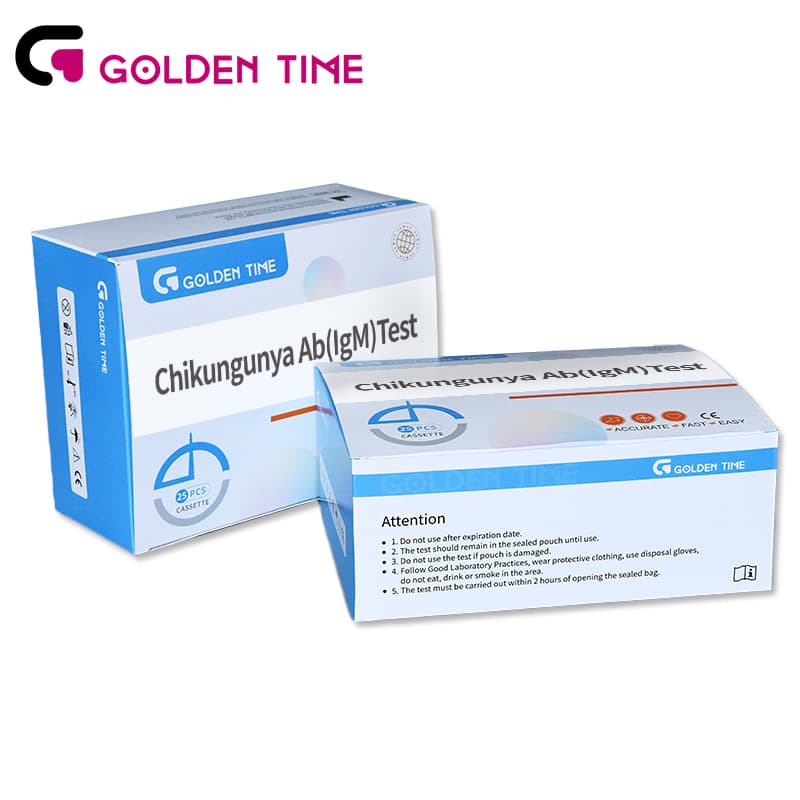Oct . 12, 2024 16:27 Back to list
Rapid Testing for SARS-CoV-2 Antigens Quick and Efficient Detection Methods
Understanding SARS-CoV-2 Antigen Rapid Tests A Crucial Tool in Pandemic Management
The outbreak of the SARS-CoV-2 virus, responsible for COVID-19, has necessitated the development and deployment of various diagnostic tools to combat the pandemic effectively. Among these tools, the SARS-CoV-2 antigen rapid test has emerged as a critical component in the global strategy to detect and manage the spread of the virus. This article delves into the mechanisms, benefits, limitations, and future of these tests in our ongoing battle against COVID-19.
What Are Antigen Rapid Tests?
SARS-CoV-2 antigen rapid tests are diagnostic tools that detect specific proteins from the virus. Unlike PCR tests, which identify the genetic material of the virus, antigen tests provide quicker results by identifying viral proteins. This makes the rapid tests significantly faster, with results typically available within 15 to 30 minutes, compared to several hours or longer for PCR tests. The ease of use and the speed of results make antigen tests an ideal choice for mass screening in various settings, such as schools, workplaces, and public events.
How Do They Work?
Antigen rapid tests primarily function through a method known as lateral flow immunoassay. In this process, a sample—collected from the nasal cavity or throat—is mixed with a buffer solution that helps extract viral proteins. The processed sample is then applied to a test strip containing antibodies specific to SARS-CoV-2 antigens. If the viral proteins are present, they will bind to the antibodies on the strip, leading to a color change that indicates a positive result.
Benefits of Antigen Rapid Tests
Several advantages make SARS-CoV-2 antigen rapid tests invaluable in managing the pandemic
1. Speed of Results The quick turnaround time allows for immediate decision-making, enabling infected individuals to isolate promptly and reducing the risk of further transmission.
2. Accessibility With the potential for widespread distribution, these tests can be conducted in various locations, even in remote or underserved areas where laboratory access may be limited.
sars-cov-2 antigen rapid test

4. Ease of Use Many rapid tests can be self-administered, reducing the burden on healthcare systems and allowing for broader non-medical personnel to conduct testing.
Limitations of Antigen Rapid Tests
Despite their numerous advantages, antigen rapid tests do come with limitations
1. Sensitivity and Specificity Antigen tests are generally less sensitive than PCR tests. This means that while they are good at detecting people who are highly infectious, they may miss some cases, particularly in individuals with low viral loads or asymptomatic cases.
2. Timing of Testing The accuracy of antigen tests is significantly influenced by the timing of sample collection. Testing too early or too late in the infection can result in false negatives.
3. Need for Confirmatory Testing Positive results from antigen rapid tests may require confirmation through a more sensitive PCR test, especially in critical settings such as healthcare.
The Future of Antigen Rapid Testing
As we continue to navigate through the COVID-19 pandemic, the role of SARS-CoV-2 antigen rapid tests is likely to expand. Innovations in testing technology may improve their accuracy and performance. Furthermore, they can be integrated into broader public health strategies, including community surveillance and targeted screening for high-risk populations.
In addition, the potential for home-testing kits could revolutionize the way we approach COVID-19 diagnostics, empowering individuals to monitor their health more actively and reducing the burden on testing laboratories.
Conclusion
SARS-CoV-2 antigen rapid tests have proved to be an essential tool in the fight against COVID-19. Their speed, cost-effectiveness, and ease of use make them a valuable asset in ongoing efforts to control the spread of the virus. However, understanding their limitations is crucial to ensure they are used effectively in conjunction with other testing methods and public health measures. As we look ahead, continued advancements in testing technology will be key to enhancing our response to COVID-19 and preparing for future infectious disease outbreaks.
-
Dengue NS1 Rapid Diagnostic Test Kit
NewsMar.07,2025
-
Dengue NS1 Rapid Diagnostic Test Kit
NewsMar.07,2025
-
Dengue NS1 Rapid Diagnostic Test Kit
NewsMar.07,2025
-
Transferrin Rapid Test Cassette Tumor Marker TF Card
NewsMar.07,2025
-
Malaria Pf Pan Rapid Diagnostic Test Kit
NewsMar.07,2025
-
malaria pf / pan ag rapid test
NewsMar.07,2025

